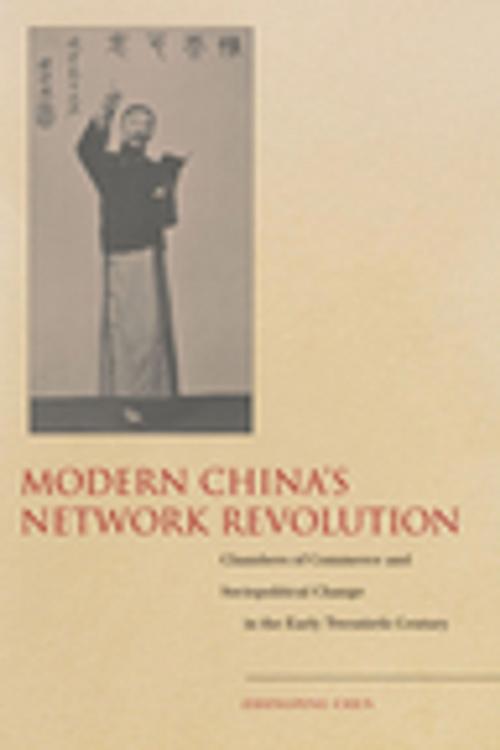The Power of Life
Agamben and the Coming Politics
Nonfiction, Religion & Spirituality, Philosophy, Phenomenology| Author: | David Kishik | ISBN: | 9780804778381 |
| Publisher: | Stanford University Press | Publication: | January 11, 2012 |
| Imprint: | Stanford University Press | Language: | English |
| Author: | David Kishik |
| ISBN: | 9780804778381 |
| Publisher: | Stanford University Press |
| Publication: | January 11, 2012 |
| Imprint: | Stanford University Press |
| Language: | English |
Giorgio Agamben's work develops a new philosophy of life. On its horizon lies the conviction that our form of life can become the guiding and unifying power of the politics to come. Informed by this promise, The Power of Life weaves decisive moments and neglected aspects of Agamben's writings over the past four decades together with the thought of those who influenced him most (including Kafka, Heidegger, Benjamin, Arendt, Deleuze, and Foucault). In addition, the book positions his work in relation to key figures from the history of philosophy (such as Plato, Spinoza, Vico, Nietzsche, Wittgenstein, and Derrida). This approach enables Kishik to offer a vision that ventures beyond Agamben's warning against the power over (bare) life in order to articulate the power of (our form of) life and thus to rethink the biopolitical situation. Following Agamben's prediction that the concept of life will stand at the center of the coming philosophy, Kishik points to some of the most promising directions that this philosophy can take.
Giorgio Agamben's work develops a new philosophy of life. On its horizon lies the conviction that our form of life can become the guiding and unifying power of the politics to come. Informed by this promise, The Power of Life weaves decisive moments and neglected aspects of Agamben's writings over the past four decades together with the thought of those who influenced him most (including Kafka, Heidegger, Benjamin, Arendt, Deleuze, and Foucault). In addition, the book positions his work in relation to key figures from the history of philosophy (such as Plato, Spinoza, Vico, Nietzsche, Wittgenstein, and Derrida). This approach enables Kishik to offer a vision that ventures beyond Agamben's warning against the power over (bare) life in order to articulate the power of (our form of) life and thus to rethink the biopolitical situation. Following Agamben's prediction that the concept of life will stand at the center of the coming philosophy, Kishik points to some of the most promising directions that this philosophy can take.















